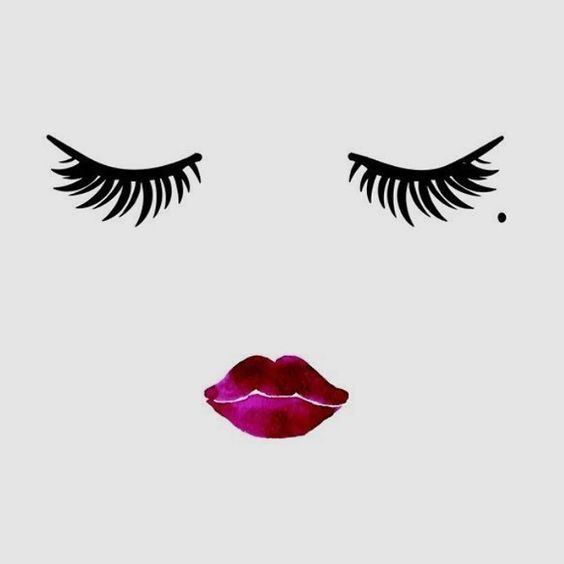If your morning routine always includes a cup of coffee, you’re not alone—64% of Americans pour themselves a mug after waking up. Nutritional science has flip-flopped on the benefits of coffee—it seems like for every study you find about coffee’s health benefits, you can also find one about its negative effects. Women, in particular, might wonder if coffee is affecting their hormones and what kind of impact coffee consumption has on their overall reproductive health.
As more published research illustrates the risks and drawbacks of hormonal birth control, more women are becoming interested in body literacy and fertility awareness. Therefore, there’s a growing discussion around diet and hormonal health, and it’s only natural for women to question if some of their usual choices are really supporting a healthy hormone balance. For decades, there has been an ongoing debate about whether or not drinking coffee carries any health risks for women. Is it an antioxidant-rich beverage that provides a nice morning pick-me-up? Or an addictive substance that increases your chances of developing breast cancer?
How Coffee Affects The Reproductive System
Thankfully, moderate coffee intake doesn’t seem to present any real risks for women. At one point, researchers thought that drinking coffee regularly could result in an increased risk of breast cancer, but today, we know that this isn’t the case. It’s true that some research indicates that overconsumption of caffeine, in general, can contribute to the development of benign cysts. While having a cyst is not ideal, it is generally not life-threatening, and if you happen to develop a benign cyst and seek treatment early on, you should be fine. Cysts can be uncomfortable, but they’re not malignant tumors.
If you’re a woman who has recently come off hormonal birth control, or you’ve simply never had a regular cycle and want to figure out why your hormones are out of balance, you’ve probably been digging through the research on nutrition and hormonal health. We know that under-eating and consuming too little fat can throw off your cycle, but what about heavy caffeine consumption? If you’re drinking lots of coffee and missing a period is a fairly normal occurrence for you, you might be wondering if your coffee habit is to blame.
The answer? It’s unlikely. Drinking coffee, even several cups per day, does not seem to have an effect on the menstrual cycle.
But here’s the catch—coffee can inhibit iron absorption, and getting enough iron in your diet is crucial for healthy hormone balance. If you’re sipping on coffee throughout the day, you’re probably not absorbing all of the iron that you’re consuming. Iron is especially important for vegan women, so if you’re eating a plant-based diet and have a tendency to pour yourself a third or fourth mug of coffee each day, it might be time to adjust that habit.
Furthermore, drinking coffee towards the end of the day can completely throw off your sleep cycle, and in turn, this can throw off your menstrual cycle. If you’re not getting eight hours of quality sleep most nights, it can easily disrupt your hormonal balance.

Basically, drinking coffee as part of an otherwise healthy lifestyle seems to be totally fine. But excess coffee consumption can have an indirect effect on your hormones. Therefore, sticking with one to two cups per day, and being aware of the way it can inhibit nutrient absorption, is key.
So, how can you still enjoy your coffee without tanking your iron levels? It’s simple—you just need to space out your consumption. For example, don’t drink coffee with meals. Have a cup about an hour before or after your meal instead, so that you have plenty of time to digest your food and fully absorb all the nutrients. Having a cup of coffee with brunch every once in a while isn’t an issue, but if you generally drink coffee while eating breakfast each day, you might not be getting the full nutritional benefits of that meal. Furthermore, if you use any supplements, don’t take them right before or after drinking coffee. Otherwise, you might cancel out the nutrients you’re trying to get.
Furthermore, it’s very easy to prevent coffee consumption from keeping you up at night. Set a rule for yourself: no coffee (or other caffeinated beverages and foods) past 3 or 4 PM.
Overall, you’re free and clear to sip on that morning cup of joe. Like most aspects of living a healthy lifestyle, drinking coffee and supporting your reproductive health is all about finding the right balance.
Also by Jane: Why Magnesium Is A Miracle Mineral For Hormonal Adult Acne
Going Zero Waste? How To Master “Low Waste” Living And Feel So Much Better
Get more like this—Subscribe to our daily inspirational newsletter for exclusive content!
__
Photo: Mary Hood Luttrell




